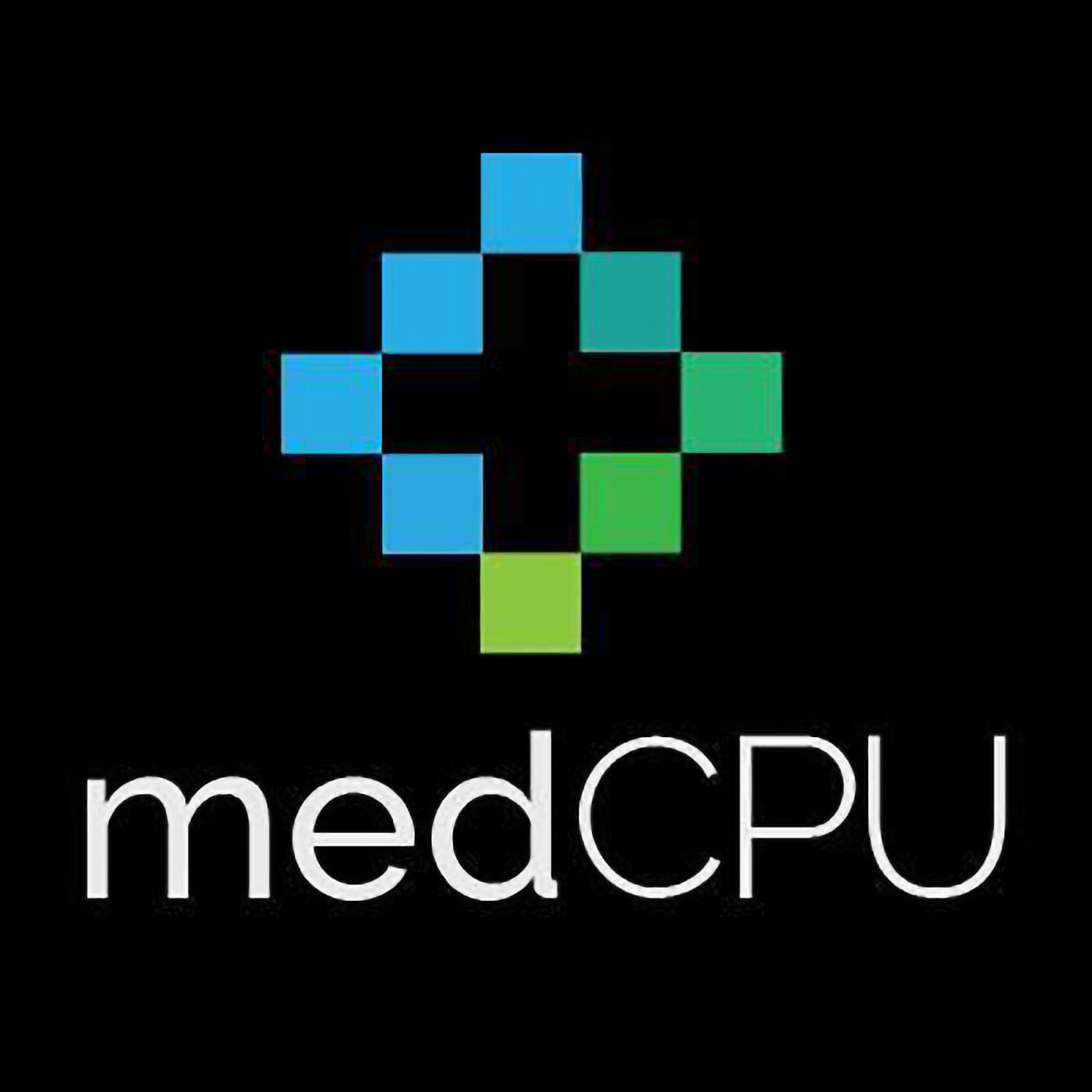Are you confused between CPU vs memory vs disk? Then you come to the right place.
Sometimes it can be confusing when IT support staff throw out technical jargon that doesn’t make sense to you, leaving you scratching your heads.
Medcpu has compiled a list of common components that can affect your computer’s performance and reliability. Let’s find out!
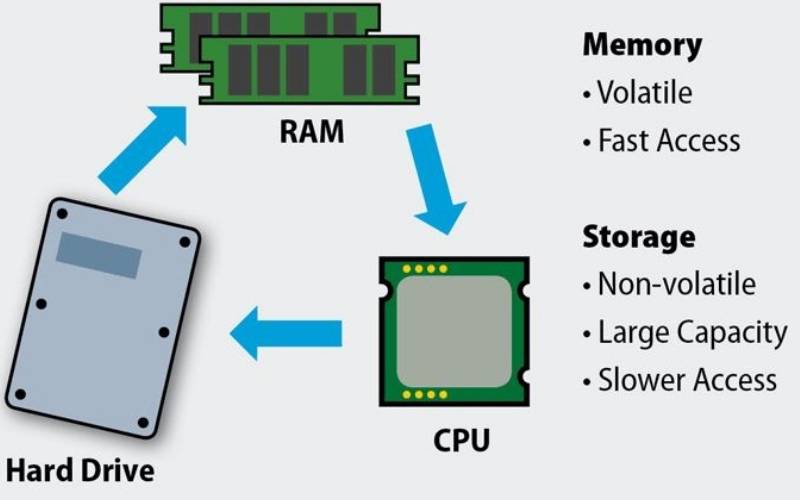
What is the difference between CPU, RAM, and Hard Disk Drive?
Sometimes it can be confusing when IT support staffs throw out technical jargon that doesn’t make sense to you, leaving you scratching your heads. We have compiled a list of common components that can affect your computer’s performance and reliability, whether your home/office laptop or a virtual cloud-based desktop.
What is a CPU?
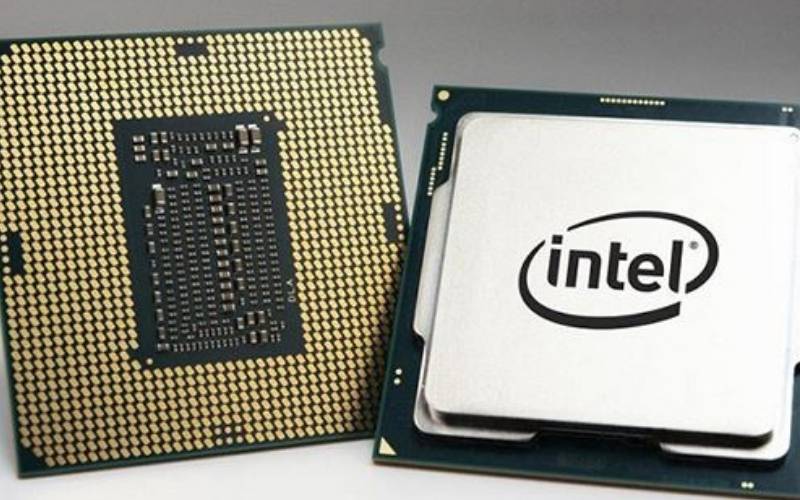
The Central Processing Unit (or CPU) is the brain of the system. It can be either your computer or your cloud server. It issues and executes commands to retrieve and process data as needed. Modern systems have multiple cores that allow them to multitask and run many different applications simultaneously.
What is Memory (RAM)?
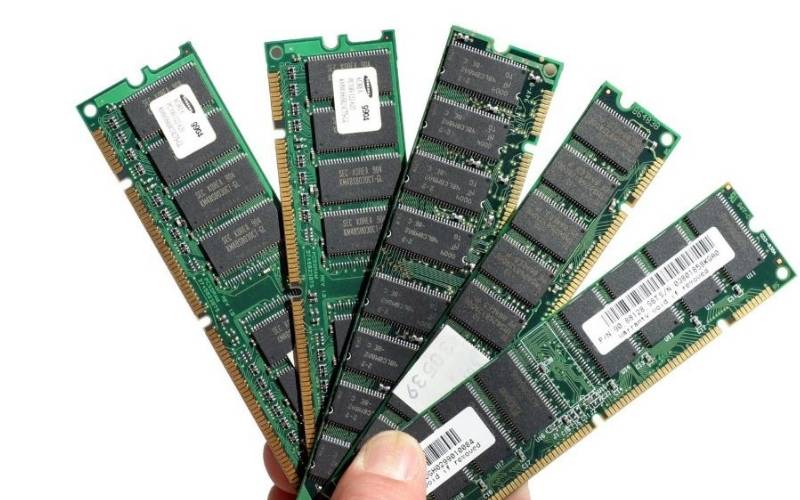
Memory (RAM), also known as Memory, is temporary storage for files and applications that you have currently open. This allows the CPU easy access to the information it requires on demand. RAM is also known as primary storage.
What is a Hard Disk?
The system’s permanent storage can be found on a hard drive (Storage). This is also known as secondary storage. Files are stored here and cannot be manually deleted.
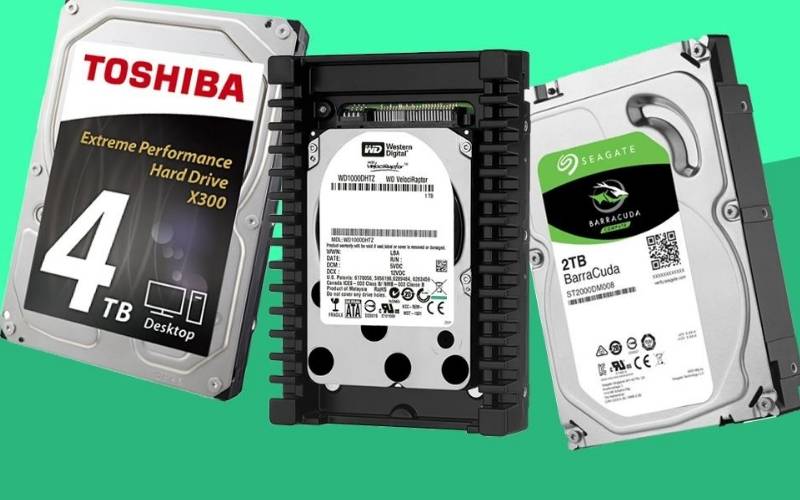
The CPU will issue commands to retrieve data from RAM and store it there for processing if needed. After saving a file, close the application. The file is written back into the storage location specified.
Read also:
Best Lga 1150 Cpu 2023: Recommended For You
Best Cpu For Rtx 2070 2023: Recommended For You
FAQs about Cpu Vs Memory Vs Disk
1. Is CPU usage and memory usage the same?
Only the amount of CPU used is different. When a process is actively working on completing a task, it uses a lot of CPU. This could be rendering video, substituting words, or making a request over the network. When it has to remember multiple things at once, a process will use a lot of RAM.
2. How do I fix high CPU and disk usage?
Rebuilding the Index is another solution for the high-use issue at 100% on your hard drive, CPU, or memory. Navigate to Windows Control Panel, and then open Indexing Options. Click Modify at Indexing Options. Click on Advanced to uncheck Offline Files*. Click the Rebuild button in the Troubleshooting section.
3. Should I increase RAM or SSD?
You may need more RAM if you plan to use your computer for more complex work. You may also benefit from more RAM if you plan to use your computer for more specialized work.
A faster disk will take less time for virtual memory to be read or written. A computer equipped with an SSD will appear faster under load than one with a regular hard disk.
4. What is disk vs memory?
Memory is the storage location for short-term data. Each register in memory is one storage area. Also known as storage location, a memory location is another name for it. S.No. MEMORY HARD Disk 8 It stores data in the form of electrical formats on a memory stick. It stores data on a hard drive in magnetic memory.
Conclusion
Each of these components has a finite resource. If they are overloaded, your work and performance will likely be affected. These elements are interdependent.
This means that poor performance in one area can affect the performance of others. Medcpu hopes this article will help you know more about memory vs CPU. Please leave a comment below if this article helped you.

Eyal Ephrat serves as the co-founder and CEO of medCPU.com, where technology is making significant strides in the field of medicine. Through his experience in purchasing PC and laptop equipment and various other tech products, Eyal Ephrat contributes valuable insights to medCPU’s mission.
